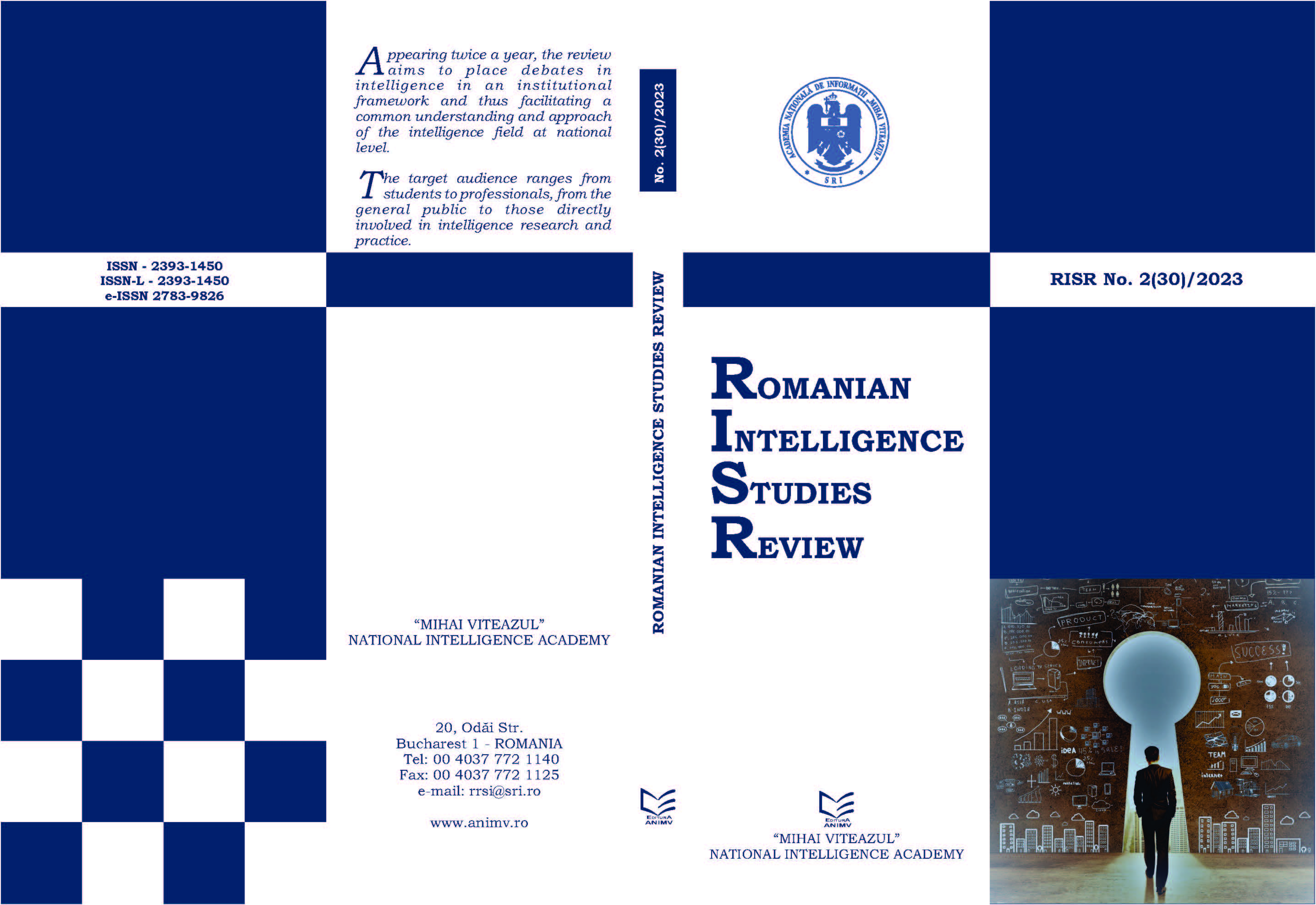UNDERSTANDING CONSPIRACY THEORIES – A COMPARATIVE CASE STUDY
UNDERSTANDING CONSPIRACY THEORIES – A COMPARATIVE CASE STUDY
Author(s): Ruxandra BULUC, Cristina ARRIBAS, Ana ĆUĆASubject(s): Social Sciences, Communication studies, Theory of Communication
Published by: National Institute for Intelligence Studies
Keywords: conspiracy theory; characteristics of conspiracy theories; case study; debunking; democracy;
Summary/Abstract: The present research addresses one of the most pressing current challenges in fighting disinformation: conspiracy theories. Conspiracy theories have always existed in societies, however, at present, they have gained momentum due to their easy spread and appeal in social media. Moreover, they have begun to corrupt people’s understanding of the world and their willingness to listen to experts and authorities in times of crisis and not only, thus threatening not only the further development of societies but also the very health and security of the communities they lived in. The present research has two main objectives. Firstly, it analyses what conspiracy theories are and what their most prominent characteristics are, and, secondly, it examines three case studies to verify if the traits identified in the literature are reflected in actual conspiracy theories. We believe that this analysis can form the basis for better countering and mitigating the effects conspiracy theories have on democratic societies.
Journal: Romanian Intelligence Studies Review
- Issue Year: 2023
- Issue No: 2(30)
- Page Range: 87-110
- Page Count: 24
- Language: English

